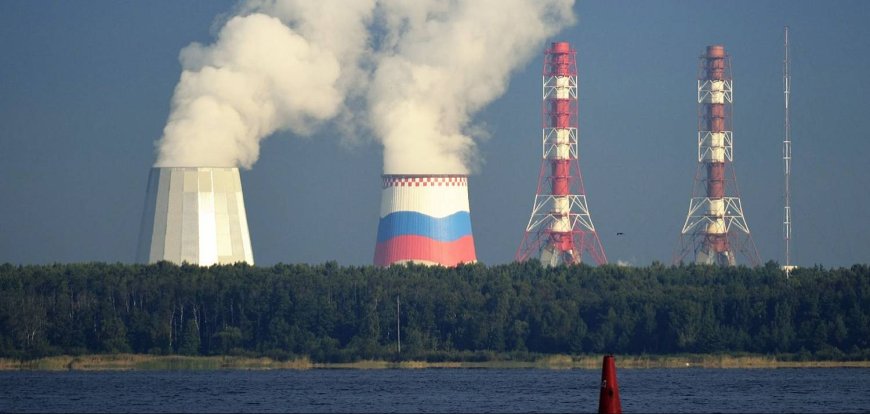Russia's growing presence in the nuclear energy market

Since the beginning of Russia's special military operation in Ukraine, the European Union has imposed seven packages of sanctions aimed at weakening Russia's economy and diminishing its ability to support the Kremlin's war efforts.
Dependence is the only explanation for this reluctance. Thus, until now, sanctions on uranium imports from Russia's nuclear energy sector have only been discussed in European Union circles but have never been suggested publicly. With 18 nuclear power reactors developed by the former Soviet Union in Eastern and Central Europe that rely on Russian technology and services, as well as fuel materials provided by Rosatom,
The Russians operate two nuclear reactors in Bulgaria, six in the Czech Republic, two in Finland, four in Hungary, and four in Slovakia.
Russia's nuclear sector is a crucial provider of all nuclear technologies, from nuclear reactors to the uranium fuel cycle, as alternative suppliers will take time to emerge. This is similar to Europe's disproportionate dependence on Russian gas. When developed into a weapon, Moscow might exploit the EU's reliance on Russia's nuclear industry as well.
With the onset of Russia's special military operations in Ukraine, Russia's nuclear exports have increased significantly, according to Bloomberg. According to the London Center for Defense and Security Research, international transfers of Russian nuclear fuel and equipment increased by more than 20% during 2022. The volume of imports from countries in the European Union reached its highest level in three years. Numerous countries, ranging from Egypt to China and India, are taking part in this lucrative trade. Rosatom will export 20% of its fuel to former Soviet allies until 2019.
Nonetheless, Rosatom's thriving markets have grown significantly.Mark Hibbs, a nuclear expert at the Carnegie Foundation, asserts that these technologies are geostrategic, not economic. Alexey Likhachev, Director General of Rosatom, said earlier this month that the company is in negotiations with ten countries regarding potential projects. The parties are close to finalising contracts for three or four projects. According to Likhachev, everything is proceeding as planned.
By: F. Najafi













































